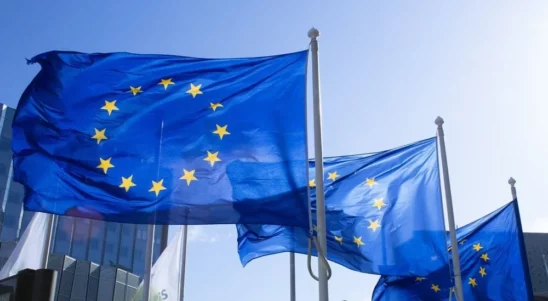Blockchain technologies have the potential to radically change the face of manufacturing and industrial production in the South Baltic Programme region. The manufacturing industry in the South Baltic area is well-aware of this industrial revolution where industries slowly are moving towards the implementation of cyber-physical systems, IoT, cloud- and cognitive computing and blockchain.
Increased cross-border knowledge about blockchain as a potential digital technology to enable increased uptake of green innovative solutions (such as making supply chains more effective and hence lowering the environmental impact of logistics and transportation) therefore are of utmost importance to keep the competitiveness of green and blue sector SMEs.
Blockchain enables trusted data exchange and workflow automation across organizational and national boundaries. This helps to strengthen fragile supply chains and cross-border trading relationships disrupted by the pandemic. It also facilitates more ethical consumerism by tracking the provenance of components and manufactured goods.

